Love isn’t always smooth sailing, but it’s definitely not supposed to feel like constant tension.

When you’re stuck in something that’s more painful than nourishing, it can be incredibly hard to admit it, even to yourself. You tell yourself all relationships have ups and downs. You focus on the good moments, hoping they’ll outweigh the painful ones. However, deep down, if something never really feels safe or steady, there’s a reason. If love is draining you, silencing you, or making you question your worth more often than it lifts you up, here’s what might actually be going on.
1. You’re confusing intensity with intimacy.
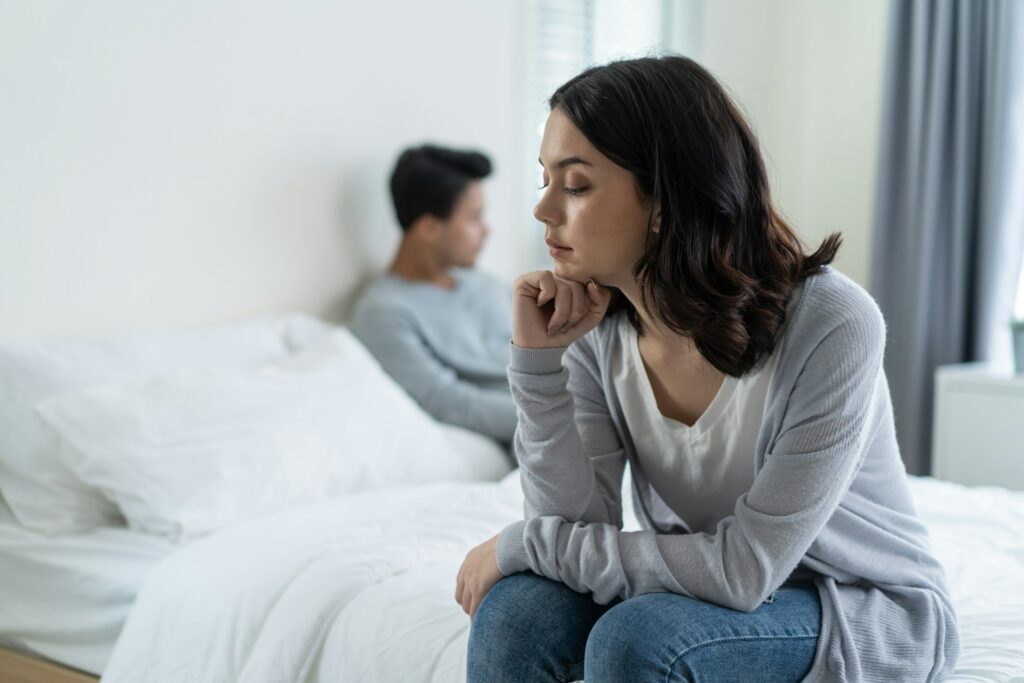
Not every deep feeling is a healthy one. Sometimes we mistake emotional highs and lows for passion, when really it’s instability. That rollercoaster effect can be addictive, but it doesn’t equal connection. Real intimacy is calm. It’s grounded. If you always feel like you’re chasing a feeling instead of being met in the moment, that’s not love. That’s emotional chaos disguised as chemistry.
2. You’re doing all the emotional work.
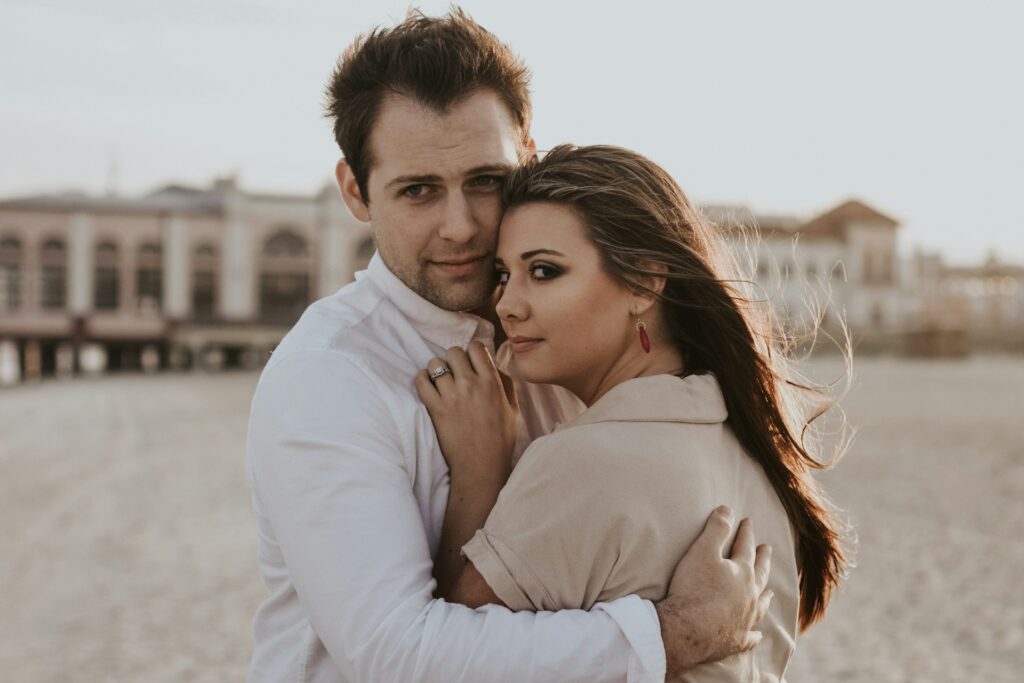
If you’re constantly explaining, fixing, softening, or apologising, something’s off. Relationships take effort, yes, but not one-sided exhaustion. If they check out every time things get hard, and you’re left carrying both your emotions and theirs, that’s not love. That’s imbalance. Being the only one trying to keep the relationship emotionally afloat will wear you down in the long run. Love should feel mutual, not like a job.
3. You’ve been made to feel like you’re too much.

If someone consistently makes you feel like your needs are dramatic or your emotions are inconvenient, it tanks your self-worth. Over time, you might start shrinking yourself to stay in the relationship. However, you weren’t too much—you were just too honest for someone who didn’t want to hold space. Love that heals makes room for your full self, not just the edited version.
4. You’re holding on to the potential, not the reality.
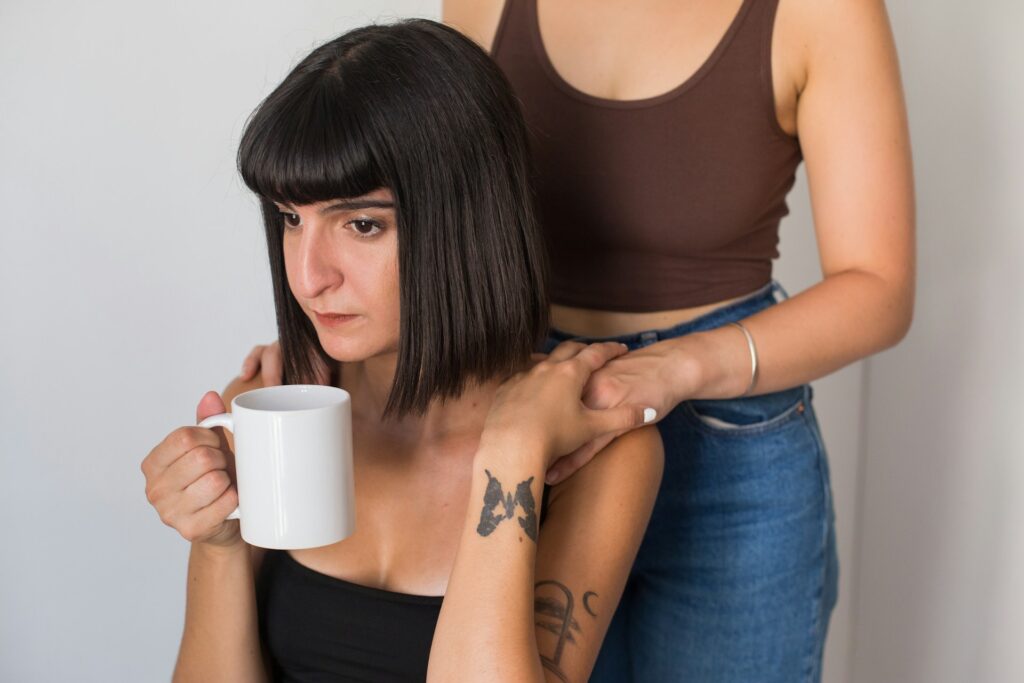
It’s easy to fall in love with someone’s potential—the version of them you hope they’ll become. However, if months (or years) go by, and you’re still waiting on change, you’re in love with a fantasy, not a real relationship. Love doesn’t need to be perfect, but it should be present. If you’re always focused on what could be rather than what is, you’re not being loved in the here and now.
5. You feel lonelier with them than without them.

One of the hardest realisations is that being in a relationship doesn’t guarantee connection. If you feel emotionally isolated, misunderstood, or unseen, even while lying next to someone, it’s time to have a closer look. Being physically present isn’t the same as being emotionally available. If you feel lonelier with them than when you’re alone, your heart already knows something’s off.
6. They weaponise your vulnerability.
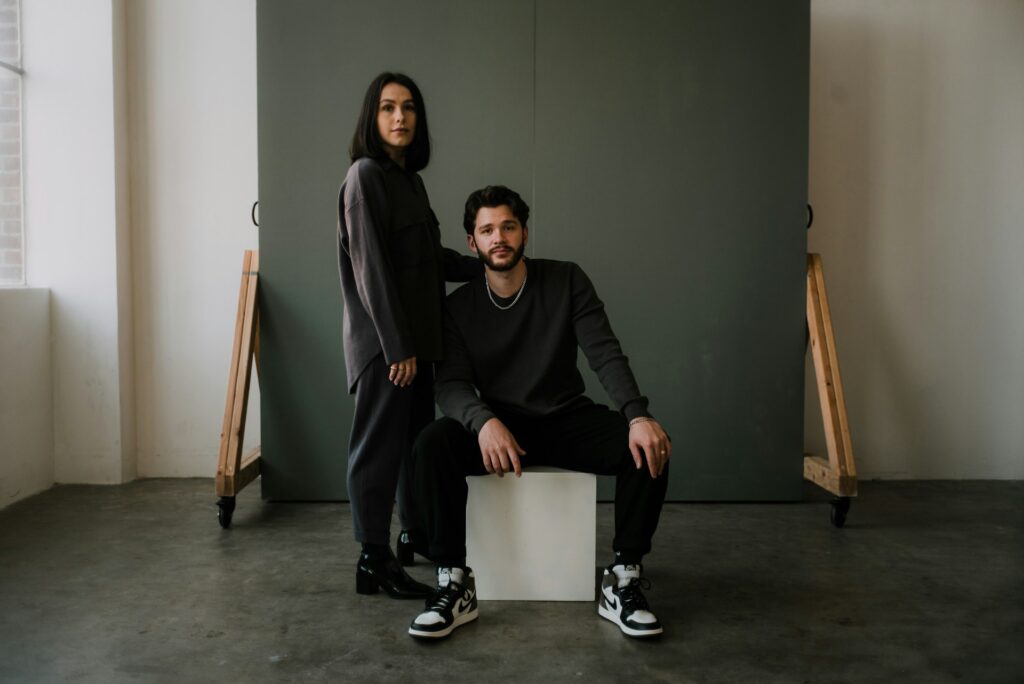
Love is supposed to be a safe place to fall apart, not something you fear being honest in. If they use your insecurities against you, bring up your struggles in arguments, or twist your openness into ammo, that’s emotional harm. Healing love never punishes you for being real. If you’re scared to open up because of how they might react, that’s not love—it’s emotional manipulation.
7. You’re constantly waiting for the other shoe to drop.

If peace feels temporary, and you’re always bracing for another argument, another silent treatment, or another mood swing, that’s emotional instability, not love. Healthy love is predictable in the best way. You know where you stand. You feel safe being yourself. If you’re always on edge, your nervous system is picking up on something you shouldn’t ignore.
8. You second-guess yourself all the time now.

If you used to feel confident but now find yourself doubting your own thoughts, instincts, or memories, something deeper might be going on. Emotional invalidation and subtle gaslighting can leave you feeling disoriented. Love should strengthen your sense of self—not make you question it. If you’re always wondering whether you’re the problem, that’s a red flag.
9. You’re more anxious than you used to be.

Relationships naturally bring up some level of vulnerability. However, if you feel chronically anxious, insecure, or like you’re walking on eggshells, that’s not just personal anxiety—that’s a sign the relationship isn’t emotionally safe. When love is healthy, it helps you regulate, not unravel. If your mental health has taken a nosedive, it’s time to ask why.
10. You’re staying for the history, not the present.

Longevity can’t be the only reason to stay. Just because you’ve shared memories, made promises, or built a life together doesn’t mean the love is still serving you now. If the present version of the relationship feels like an obligation rather than something nourishing, you’re not stuck—you’re just scared to start over. That’s a whole different issue.
11. You don’t recognise yourself anymore.

Maybe you’ve stopped speaking up. Maybe your personality has flattened. Maybe you’ve put aside your needs, friends, or values to keep the peace. If you’ve lost sight of yourself, the relationship may be costing more than it’s giving. Love should bring you back to yourself—not pull you further away. If you feel like a stranger in your own life, that’s a serious sign.
12. They only show up when you’re pulling away.

It’s a painful pattern—things feel cold or distant, you start to detach, and suddenly, they pour on the affection. That hot-and-cold cycle isn’t love—it’s control disguised as care. Consistency matters more than grand gestures. If they only step up when you threaten to leave, it’s about keeping you hooked, not loving you well.
13. You’re constantly trying to explain what love should feel like.
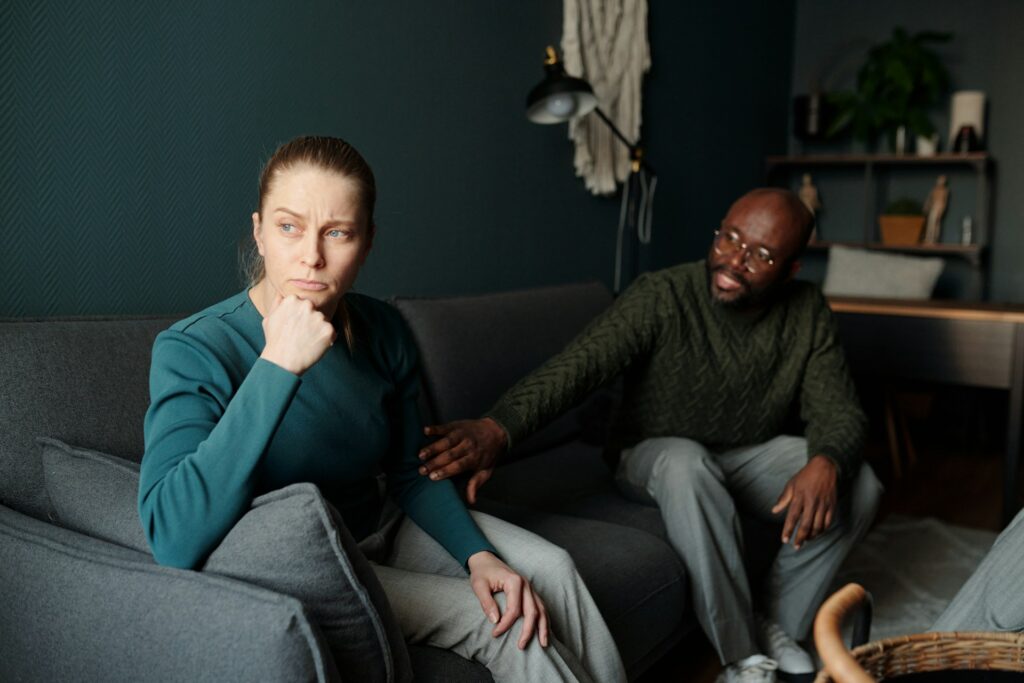
If you’re always having to explain basic things like empathy, support, communication, or kindness, you’re doing emotional labour that shouldn’t be necessary. You deserve to be met, not educated into being treated well. Real love doesn’t need to be taught how to be loving. If someone can’t grasp the basics, they’re not the one to build something with.
14. You’re more scared of being alone than being unhappy.
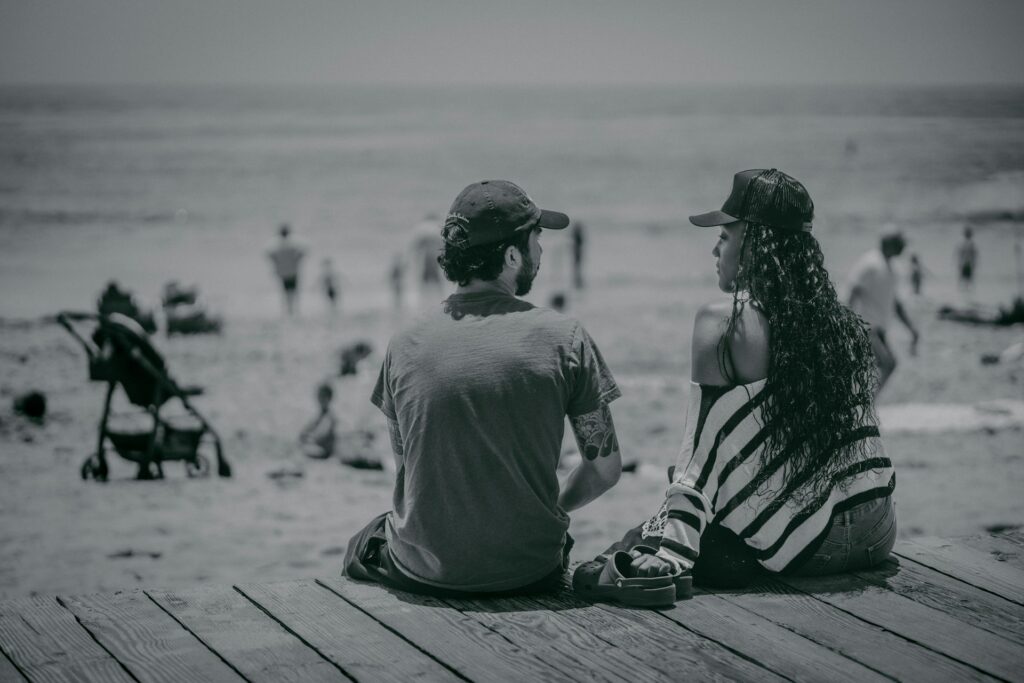
Sometimes the fear of loneliness keeps us in situations that hurt. Of course, being alone and being lonely aren’t the same thing. There’s peace in solitude when it means reclaiming yourself. Ask yourself: are you staying because it’s good, or because it’s familiar? Don’t mistake comfort for connection.
15. Deep down, you know this isn’t what love should feel like.

There’s usually a quiet knowing beneath all the justifications and what-ifs. A part of you that aches because it remembers how love is supposed to feel—safe, reciprocal, grounding. If love feels more like surviving than thriving, trust that inner voice. You’re not being dramatic. You’re being honest, and honesty is the first step to choosing yourself again.


